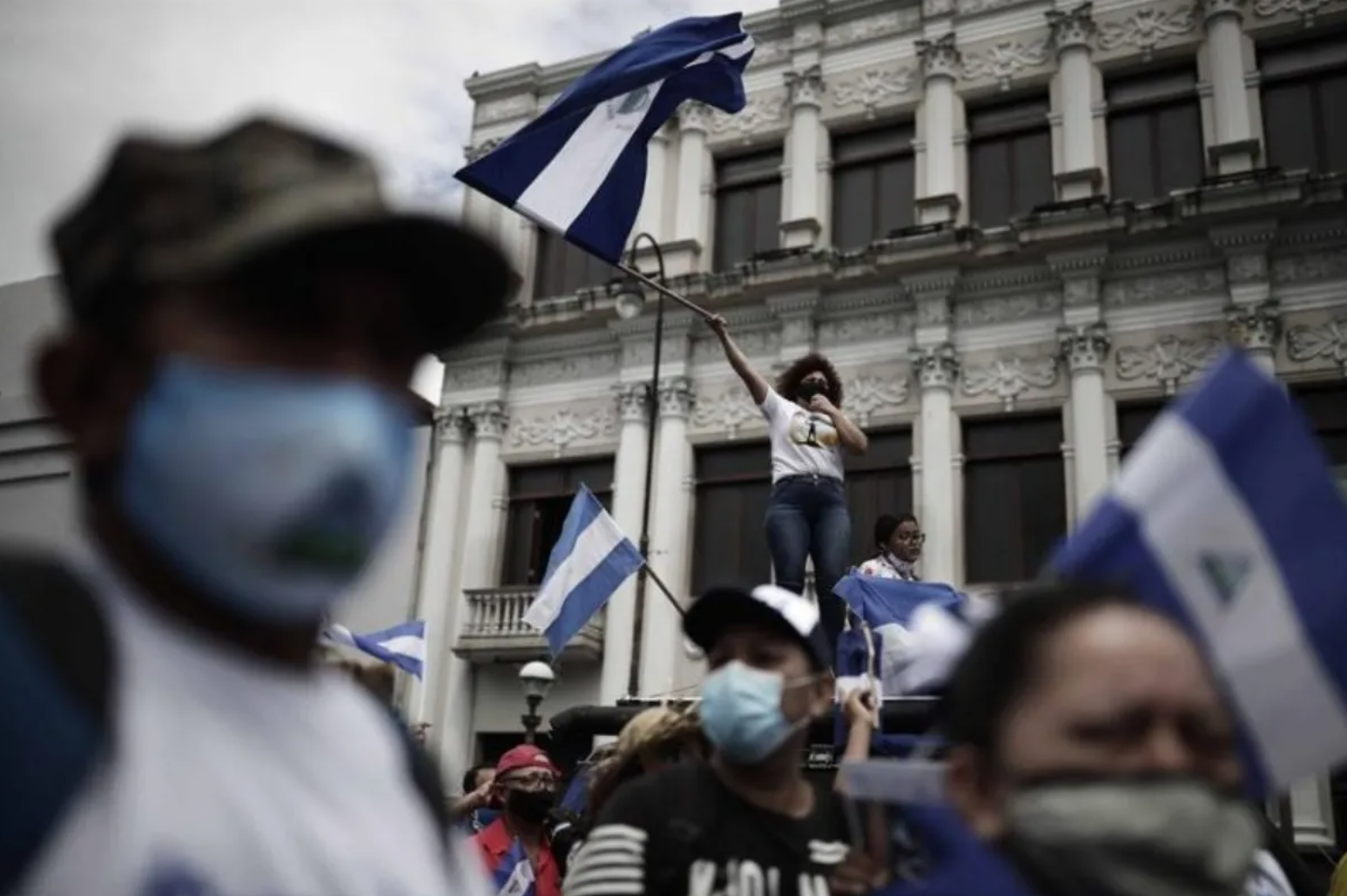How much repression can a regime exercise without bursting at the seams? In Albert O. Hirschman’s famous work, “Exit, Voice and Loyalty”, he pointed out that all members belonging to an organization (including regimes) faced a triple dilemma when it entered into crisis or no longer offered the goods it claimed to provide. The dilemma lay in complaining to the management (exercising voice) to change the organization’s course, deserting the organization and seeking another that offered better goods and services (exercising exit), or abiding by the organizational drift for whatever reasons and remaining loyal to it (exercising loyalty). Based on this triad, Hirschman wrote a brilliant article on the crisis and implosion of the German Democratic Republic and started from the idea that when the exit (desertion) and the voice in the system were exercised at the same time, the regime could collapse. Does the reflection of the famous German sociologist help us to understand the latest political crisis that has occurred in Nicaragua? I am referring to the deportation of 222 political prisoners to the United States and the withdrawal of Nicaraguan nationality from 94 more opponents, a fact that turned them all into 316 stateless persons.
Last February 9, the government of Nicaragua released a group of 222 political prisoners who had been held for almost two years in a high-security prison. They had been accused of committing “acts against the sovereignty of the country and for inciting violence, terrorism and destabilization of the country” and were deported to an airport near Washington. Among these 222 persons were opponents, businessmen, journalists, environmental activists, peasants, religious, feminists, and students. Among those “released” were notorious figures, such as two historical ex-guerrillas of the Sandinista movement (Dora María Téllez and Víctor Hugo Tinoco) or the daughter of former president Violeta Barrios, Cristiana Chamorro.
The massive imprisonment of opposition leaders (and their subsequent banishment) was the last step in an authoritarian drift that has been promoted by Daniel Ortega over the formation he led (the Sandinista National Liberation Front – FSLN) and over the regime he has presided since his return to power in 2007. Since then, Ortega has been maneuvering to reverse everything that was authentic in Sandinismo. Two decades ago, Ernesto Cardenal and Sergio Ramírez testified to this logic in their works La revolución perdida and Adiós, muchachos, respectively, but neither of them could imagine how far he could go.
Daniel Ortega took over the FSLN quickly once he lost the elections in 1990, but the way in which he appropriated the state has been slow from four mandates in which the caudillo has been de-democratizing the political framework. First, through clientelism and cooptation, then by changing the political game’s rules in his favor and politicizing the administration and the Armed Forces, and, finally, through violent repression.
In this regard, the critical episode of the regime was the revolt that occurred on April 19, 2018, when a series of protests spread rapidly to broad sectors of society. The fuse of the social outburst was student protests that rejected some governmental measures, but which later represented an amendment to the totality of the regime and demanded the end of the authoritarian, patrimonial, and plutocratic forms of Ortega’s regime.
Faced with the scale of the protests, the Government unleashed disproportionate repression that cracked the edifice of consensus and complicities (many of them unconfessable) achieved between a part of the civil society and the system, which called into question the survival of the latter. This crisis testified to the exhaustion of a political, economic, and social model that could not (and would not) be reformed.
In this context came the Covid-19 crisis, which gave Ortega the opportunity to solve the first crisis at the expense of the second, taking advantage of the exceptional nature of the situation to pass a set of legislation in the National Assembly (which he controlled), in order to encircle the opposition. Undoubtedly, Ortega understood in order to remain in power, it was necessary to stop any maneuvering capacity of the opposition, and for this, he required extremely punitive legislation.
Thus, a battery of laws was drafted and approved, among which a legislative initiative aimed at controlling activity in cyberspace (Law No. 1042, the Special Law on Cybercrime), which became known as the “gag law”, stood out. At the same time, it was complemented by the Law for the Regulation of Foreign Agents, approved on October 15, 2020, and which was intended to block the economic funds that civil organizations could have, which could be labeled as means for the “interference of foreign governments, organizations or natural persons in the internal or external affairs of Nicaragua”.
To these two laws was added the “Law for the defense of the rights of the people to independence, sovereignty, and self-determination for peace”, which established criteria that could turn any opposition citizen into a traitor to the homeland. Between late 2020 and early 2021, a legislative package was passed which allowed the Government (in addition to holding authoritarian elections) to imprison opposition leaders and withdraw their citizenship while suppressing the legal personality of critical associations and NGOs and confiscating their assets.
Indeed, the laws have been enforced and today in Nicaragua there is no dissent allowed. But, today, the question is how long this situation can be maintained. That is to say: would it be possible to silence the voice and control (and compulsively drive) the exit of society for a long time? Is it not a dictator’s fantasy to believe that all people will be, by force, if possible, always loyal to his figure? I don’t have the answers. But I don’t think anyone knows either if Ortega’s latest operation (expelling political prisoners and stripping citizenship from many opponents) is releasing steam (or adding it to) the pressure cooker that is Nicaragua today.
*Translated from Spanish by Janaína Ruviaro da Silva











